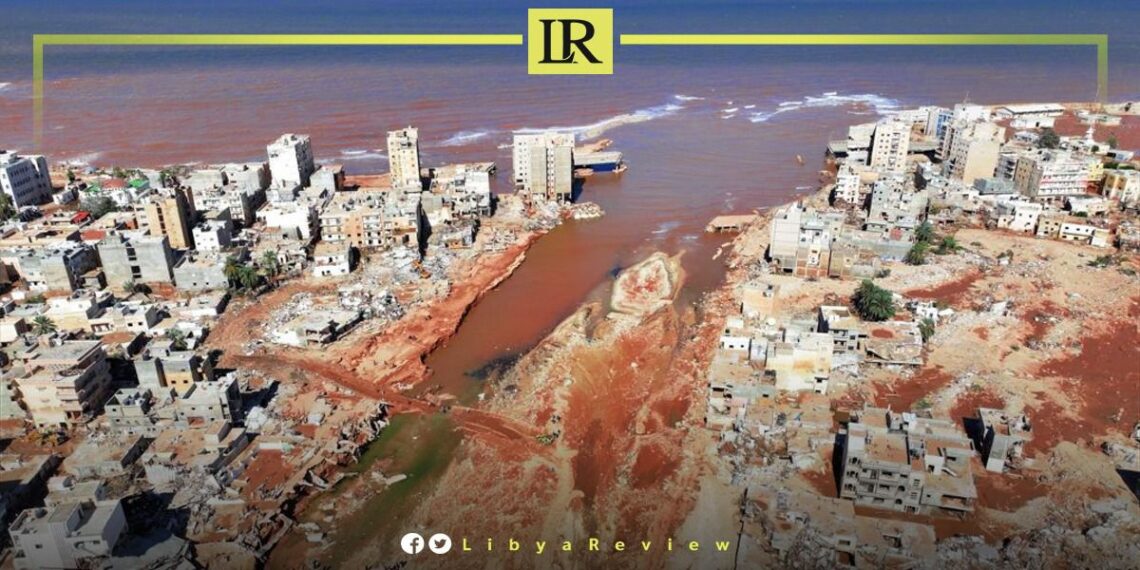A court in Libya has rescheduled the hearing concerning the collapse of the Derna Dam to March 24, as confirmed by Mohamed Jebril, the lawyer representing the victims. The adjournment came at the request of the defense, with the court also setting a new date to accommodate other defendants’ legal representatives. The charges include negligence, mismanagement, and financial impropriety.
A comprehensive 49-page indictment accuses the defendants of administrative corruption, an assertion supported by the Attorney General’s Office through detailed investigations. The session witnessed the public prosecution presenting its evidence to the court.
The storm on September 10 caused widespread devastation in eastern Libya, affecting Derna, Benghazi, Al-Bayda, Al-Marj, and Sousse. The disaster resulted in extensive damage, claiming thousands of lives, with numerous people injured or missing.
A joint report by the World Bank, the United Nations, and the European Union described the September floods as a climate and environmental crisis necessitating $1.8 billion for reconstruction and recovery. The disaster impacted roughly 1.5 million people, or 22% of Libya’s population, with 4,352 deaths confirmed and 8,000 individuals still missing.
The report highlighted the dams’ failure due to outdated design information and neglect in maintenance and governance, exacerbated by Libya’s ongoing conflict.
In January, Attorney General Al-Siddiq Al-Sour announced the findings from the investigation into the disaster, pointing to the lack of maintenance of Derna’s dams. The investigation attributed the tragedy to the absence of an alarm system, inadequate cleaning of the dams’ upper openings, and the neglect of routine maintenance.
The flood in Derna resulted in 4,540 fatalities, including 3,964 Libyans and 576 foreigners. It was also found that the drainage system was compromised by mud accumulation and the detection of cracks in the dams.
Legal action has led to the detention of 14 individuals for investigation, including Derna’s mayor and several officials from the water resources and dam authority. A red bulletin has been issued for suspects outside the country.
Al-Sour emphasized the responsibility of those in charge of the dams since 2003 for the disaster. He mentioned that a Swiss consulting firm had recommended modifications to the dams in 2003, which were not implemented, suggesting that the disaster could have been averted. The dam collapse led to a massive flood through Derna, destroying the city center and numerous residential areas.


